Unveiling the Essential Role of Fatty Acids in Your Cat's Health
In a pet cat's diet, fatty acids play a crucial role. They are not only a vital source of energy for cats but also participate in various physiological functions that maintain overall health. Understanding the types and sources of fatty acids, as well as their multifaceted importance for cat health, is essential for every pet owner.
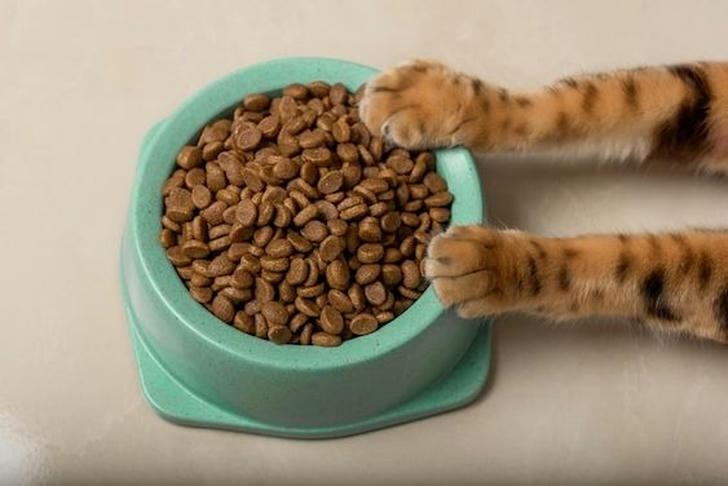
What Are Fatty Acids?
Fatty acids are the basic building blocks of fats and can be categorized based on their chemical structure into saturated and unsaturated fatty acids. Unsaturated fatty acids are further divided into monounsaturated and polyunsaturated fatty acids. Cats particularly require polyunsaturated fatty acids, specifically Omega-3 and Omega-6 fatty acids, which are essential for their health.
Omega-3 Fatty Acids
Omega-3 fatty acids are vital for a cat's health, with two main types being especially important:
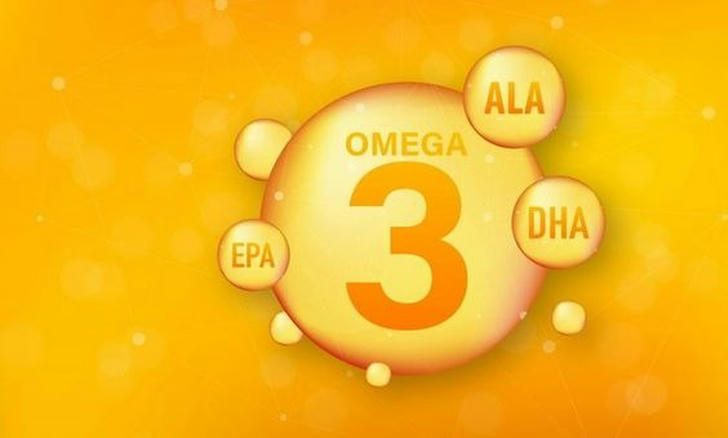
EPA (Eicosapentaenoic Acid): This fatty acid plays a significant role in combating inflammation, supporting cardiovascular health, and promoting skin health. EPA helps reduce symptoms of arthritis and other inflammatory diseases by inhibiting the synthesis of inflammatory mediators.
DHA (Docosahexaenoic Acid): DHA is crucial for the brain and retina, positively affecting cognitive function and visual development. It plays an essential role in a cat's nervous system, enhancing learning and memory capabilities.
The primary sources of Omega-3 fatty acids include fish (such as salmon and sardines) and fish oil, which are excellent sources. Some plant oils (like flaxseed oil) also contain Omega-3, but cats have a lower conversion rate of plant-based Omega-3, making animal sources more effective.
Omega-6 Fatty Acids
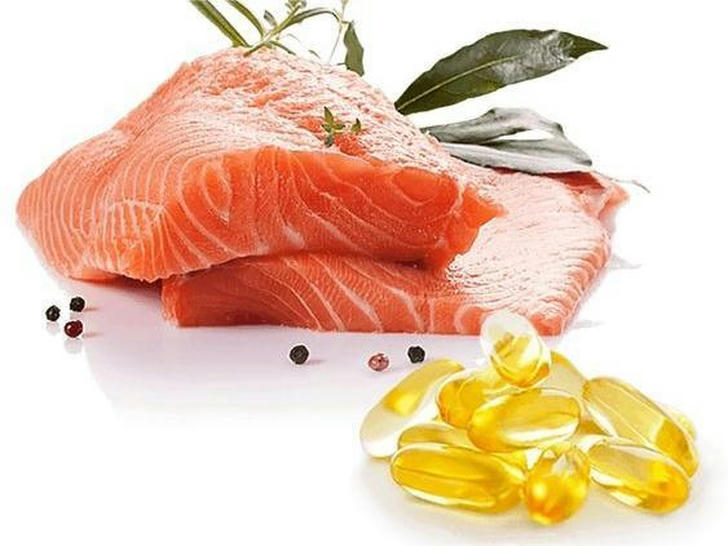
Omega-6 fatty acids are equally important for maintaining skin health, promoting growth, and supporting metabolism. The most common Omega-6 fatty acid is linoleic acid, which is mainly found in vegetable oils (such as sunflower and corn oil) and certain animal fats. While Omega-6 fatty acids are important for cat health, excessive intake can lead to inflammation, so it's crucial to maintain a proper balance.
The Importance of Fatty Acids for Cat Health
Maintaining Skin and Coat Health Adequate intake of fatty acids helps keep a cat's skin moisturized, preventing dryness and itching. Omega-3 fatty acids, in particular, are beneficial for reducing skin inflammation, improving coat shine, and maintaining overall coat health. For instance, a cat suffering from severe skin dryness and hair loss due to a deficiency in Omega-3 fatty acids improved significantly after its owner added fish oil supplements, leading to healthier skin and coat quality.
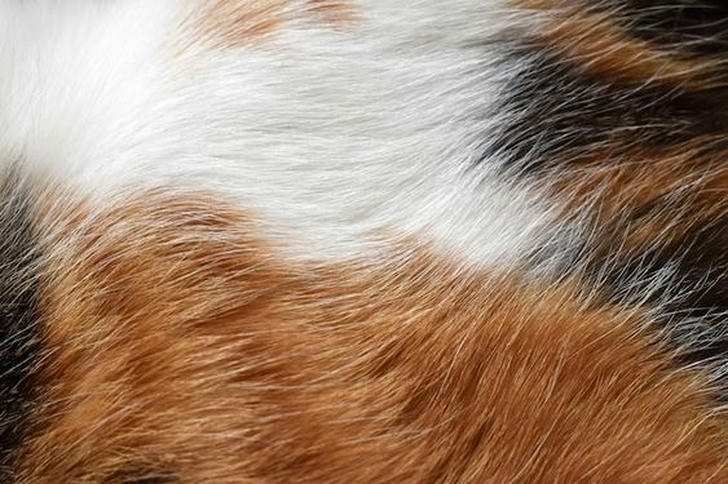
Supporting Cardiovascular Health Omega-3 fatty acids can help lower cholesterol levels, promote blood circulation, and reduce the risk of cardiovascular diseases. Cardiovascular health is particularly important for cats, as their hearts endure a considerable workload. Research shows that adequate intake of EPA and DHA can help lower the likelihood of heart disease in cats. An example includes a middle-aged cat facing heart health issues due to being overweight. After increasing Omega-3 fatty acid intake under veterinary guidance, the cat's heart health improved significantly within months.
Promoting Brain and Cognitive Function DHA occupies an important place in a cat's brain, promoting neural development and cognitive function. For older cats, sufficient DHA intake can slow cognitive decline and maintain mental sharpness. Studies indicate that elderly cats receiving adequate DHA can enhance their learning abilities, making it easier for them to adapt to new environments. For instance, an older cat that showed signs of memory decline improved in energy and began relearning old tricks after its owner increased DHA intake.
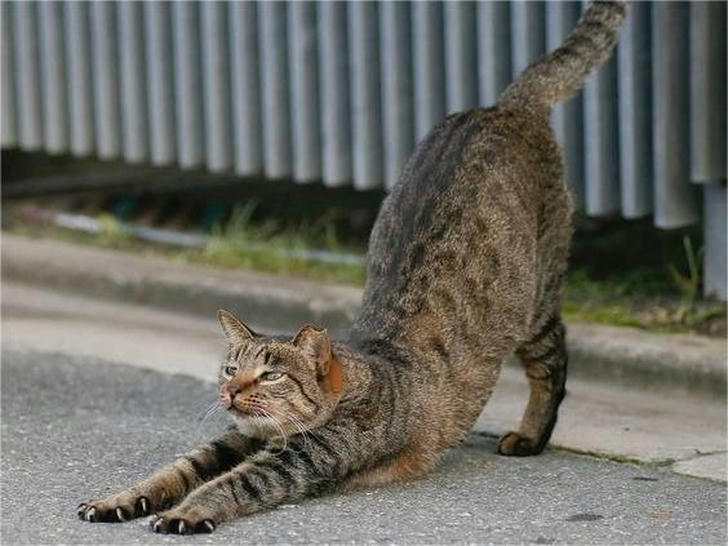
Boosting Immune Function Adequate fatty acid intake can strengthen the immune system, helping cats ward off illnesses. Omega-3 fatty acids possess anti-inflammatory properties that can alleviate symptoms caused by allergies or inflammation. For example, a cat that frequently experienced allergic reactions found significant relief after increasing Omega-3 intake, with its coat regaining health.
Improving Joint Health Omega-3 fatty acids can help alleviate symptoms of arthritis and other joint problems. For older cats, appropriate fatty acid intake can enhance mobility and reduce joint pain. Research has shown that increasing Omega-3 fatty acids in cats with arthritis can significantly improve their mobility and quality of life. An elderly cat with joint issues showed remarkable improvement in activity levels and even regained interest in play after its owner increased Omega-3 intake.
How to Ensure Cats Get Enough Fatty Acids
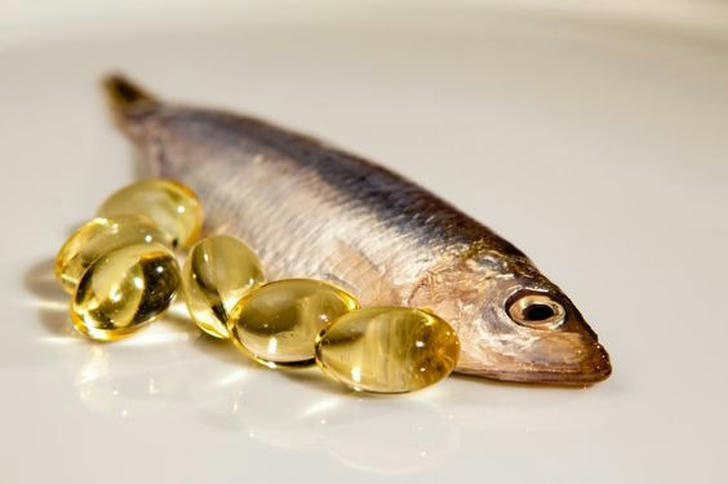
Choose High-Quality Pet Food Ensure the selection of high-quality pet food rich in Omega-3 and Omega-6 fatty acids. Check the ingredient list to confirm that fish or fish oil is one of the primary components. Many pet food brands now offer specialized formulas high in Omega-3 and Omega-6, which pet owners should pay attention to when purchasing.
Add Fatty Acid Supplements If necessary, consider adding specialized fatty acid supplements to a cat's diet. Many fish oil supplements designed for pets are available, providing sufficient Omega-3. These supplements often come in liquid or capsule form, making it easy to mix into the cat's food.
Provide Fresh Fish in Moderation Occasionally offering fresh fish as a treat can be beneficial, but avoid raw fish to reduce the risk of parasitic infections. Cooked fish can provide rich Omega-3 fatty acids and add variety to the diet.
Monitor Health Status Regular veterinary check-ups are essential to assess a cat's health and nutritional needs. If a cat exhibits skin issues, thinning fur, or decreased activity levels, consult a vet and consider dietary adjustments. Additionally, observing changes in behavior and condition can help detect potential health issues early.
Considerations for Fatty Acid Intake
While fatty acids are vital for cat health, excessive intake may lead to nutritional imbalances. For instance, too much Omega-6 fatty acid can exacerbate inflammation, so maintaining a balance between Omega-3 and Omega-6 intake is crucial. Ideally, the ratio of Omega-6 to Omega-3 should be between 4:1 and 10:1. Furthermore, different cats may have varying nutritional needs, so dietary adjustments should be tailored to individual circumstances.
Conclusion
Fatty acids play an indispensable role in a pet cat's diet. They not only support skin and coat health but also promote cardiovascular, immune, and cognitive functions. Pet owners need to understand the sources and functions of different types of fatty acids to ensure their cats receive adequate amounts for health and vitality. Through scientific and reasonable dietary management, cats can enjoy healthier and more active lives.
